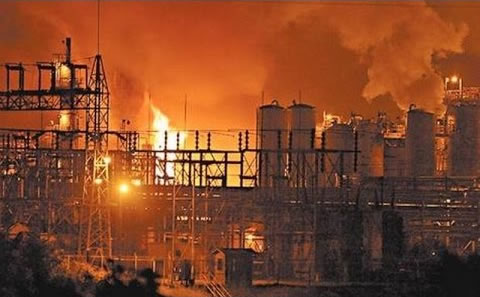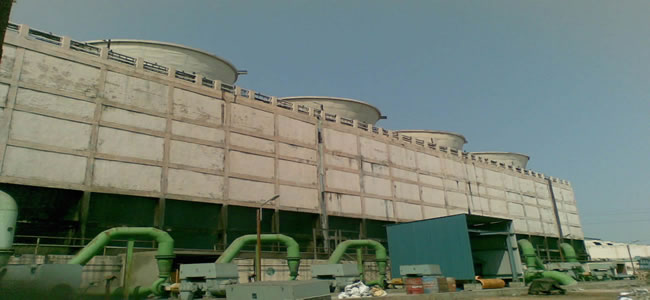Importance of Codes and Standards for Process Safety
Compliance with the Process Safety Management rule, OSHA 1910.119, is a requirement for plants processing certain highly hazardous materials exceeding threshold quantities. The rule requires the owner to demonstrate all equipment has been purchased and installed in accordance with recognized industry standards. Maintenance practices must also be according to Recognized and Generally Accepted Good Engineering […]








